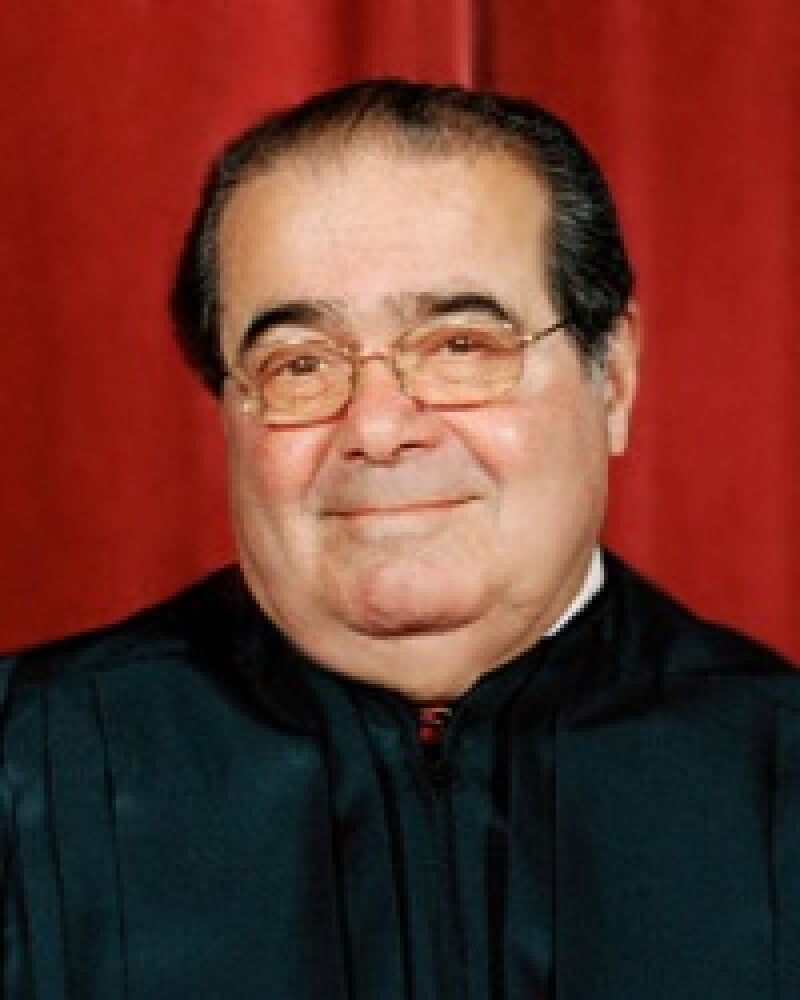Also on the blog this week:
Guest post: UNIFAB raises terrorism concerns in fight against counterfeits
In our news and analysis:
Blank Rome adds 25 Dickstein Shapiro IP lawyers, and other US people moves
Marvell to pay CMU $750m to settle patent lawsuit
2015 PTAB petitioner trends and 2016 predictions
Fox loses appeal over Glee TV series
9/11 fair use case settles
Fox News has settled a copyright dispute with North Jersey Media Group over the use of a photo taken in the aftermath of September 11 2001, reports BakerHostetler’s Copyright, Content and Platforms blog.

Fox posted the photo “Raising the Flag at Ground Zero” on Facebook, depicting three firefighters at the site of the World Trade Center. North Jersey Media Group owns the rights to the photo and sued for copyright infringement.
Fox argued that use of “visually altered, significantly cropped, and low resolution versions” of the photo for news reporting or commentary constituted fair use. It also countersued North Jersey Media Group for posting various Fox News videos.
BakerHostetler commented on the settlement: “And so it appears we will not get the jury’s guidance on the copyright ‘fair use’ issues raised by the case … including the broad question whether use on social media should categorically be classified as fair, at least just yet.”
The law firm added that some guidance on fair use may come from a few other cases in progress. One is a suit filed against artist Richard Prince, who exhibited a number of photos from Instagram as art. Another is Fox News v TVEyes, which concerns newsworthy footage and online research and reference tools, a decision in which is likely from the Second Circuit this year.
Ninth Circuit upholds dismissal of Hurt Locker case
The Ninth Circuit has upheld the district court’s dismissal of a case brought against the makers of the 2009 film The Hurt Locker for a claim of right of publicity, reports Kelley Drye’s Drye Wit blog.
Sergeant Jeffrey Sarver says that the main character in the Hurt Locker was based on his life without his consent. The screenwriter of the film spent time with Sarver’s explosive ordinance disposal unit in Iraq in 2004.
Sarver sued in 2010 for various clams including right of publicity. The defendants moved to strike the complaint under California’s anti-SLAPP statute. The district court granted this motion.
The Ninth Circuit upheld the district court’s dismissal, applying California’s two-step analysis for anti-SLAPP motions: the defendant must first show the suit arises from an act made in connection with a public issue in furtherance of the defendant’s right to free speech; then, if the defendant makes such a showing, the court must evaluate whether the plaintiff has established a reasonable probability that he will prevail on the claim.
The Ninth Circuit determined that, even assuming Sarver could establish all the elements of his right of publicity claim, the claim was nevertheless barred by the First Amendment.
“In other words, the panel determined that allowing Sarver to pursue his right of publicity claim would infringe the defendants’ constitutional right to free speech,” commented Kelley Drye. “Notably, the Court decided not to address the transformative use defence, and instead focused solely on the defendants’ First Amendment defence.”
The law firm added: “The Ninth Circuit’s decision is a good one for filmmakers. In a published opinion, the Ninth Circuit reiterated that the First Amendment provides a powerful defence for entertainment works. The Court expressly stated that the First Amendment ‘safeguards the storytellers and artists who take the raw materials of life – including the stories of real individuals, ordinary or extraordinary – and transform them into art, be it articles, books, or plays’.”
Scalia’s impact on IP
Justice Antonin Scalia’s death has prompted IP bloggers to look at his legacy on intellectual property.

Scalia did not seem particularly enthusiastic about this area. “I don’t know much about patent law,” he revealed in 2008. He said his hardest case “would probably be a patent case” in an interview with Piers Morgan in 2012. He also recently criticised Federal Circuit jurisprudence on obviousness as “gobbledygook”.
Lisa Larrimore Ouellette, assistant professor at Stanford Law School, on the Written Description blog counted nine patent-related opinions written by Justice Scalia.
David Kluft on Foley Hoag’s Trademark & Copyright Law blog summarised Scalia’s involvement in trade mark and copyright decisions and found that “there really hadn’t been that many”. There were seven matters on which Justice Scalia gave a written opinion, with only four being majority opinions.
Dennis Crouch on the PatentlyO blog analysed how Justice Scalia’s death may affect the IP cases before the court.
Crouch did not anticipate Scalia’s death having any impact on Halo/Stryker, oral arguments of which will be heard this week. Crouch predicts the Federal Circuit will be reversed.
“Cuozzo is perhaps a different story where I expect a divided court to affirm in a situation where Justice Scalia may have voted to reverse,” said Crouch.
He also included an interesting summary of the petitioners requesting cert in IP cases, including the reappearance of Limelight v Akamai.
Lenovo and Qualcomm agree China licence deal
Qualcomm and Lenovo have entered into a new 3G and 4G patent license agreement for China, which covers devices marketed by both Motorola and Lenovo.

Qualcomm has granted Lenovo a royalty-bearing patent license to develop, manufacture and sell 3G and 4G complete devices. The royalties payable by Lenovo are consistent with the terms of the rectification plan submitted by Qualcomm to China’s National Development and Reform Commission.
Scott Offer, general counsel of Lenovo, commented: “This agreement also provides a solid foundation for Qualcomm and Lenovo to expand and strengthen the long-term relationship between our companies, both in China and around the world.”
According to the San Diego Tribune, Qualcomm now has 3G/4G patent licence agreements with the top five Chinese phone makers, including Huawei, ZTE, TCL and Xiaomi.
Polsinelli to take on Novak Druce lawyers
Polsinelli will take on a substantial number of lawyers from Houston-based IP law firm Novak Druce Connolly Bove & Quigg, according to The American Lawyer.
Russell Welsh, chairman of Kansas City-based Polsinelli, confirmed to The American Lawyer his firm has approved the acquisition, with the total numbers of lawyers involved yet to be decided. Novak Druce has about 80 lawyers in total.
“By far the vast majority of lawyers and staff will be combining with Polsinelli,” Todd Dickinson, a member of Novak Druce’s executive committee, confirmed to the website.
This would mark the second deal that results in the disappearance of a law firm in the past few weeks. Blank Rome recently added 25 IP attorneys from Dickstein Shapiro as part of a deal to pick up more than 100 staff from the now-defunct firm.










